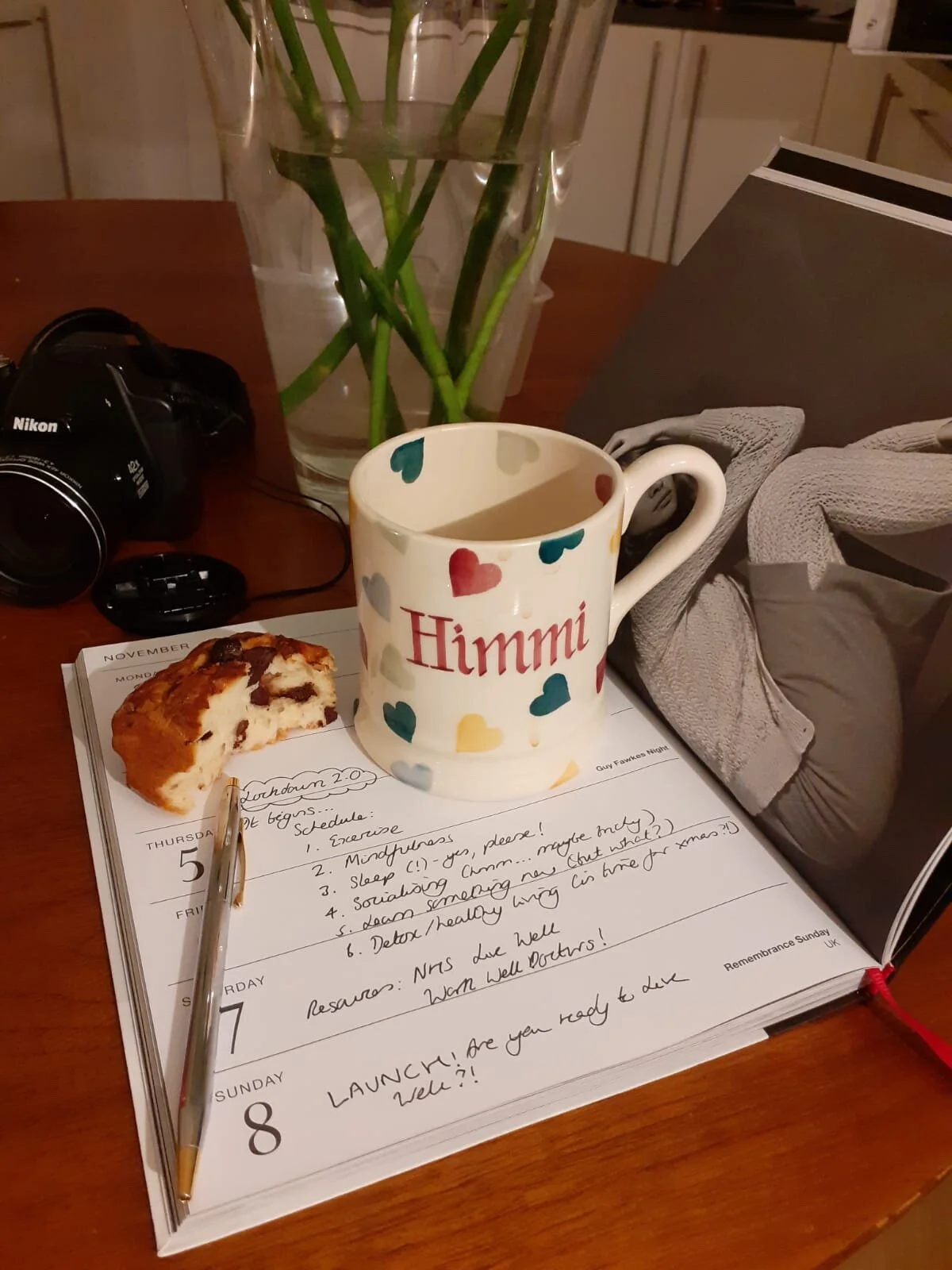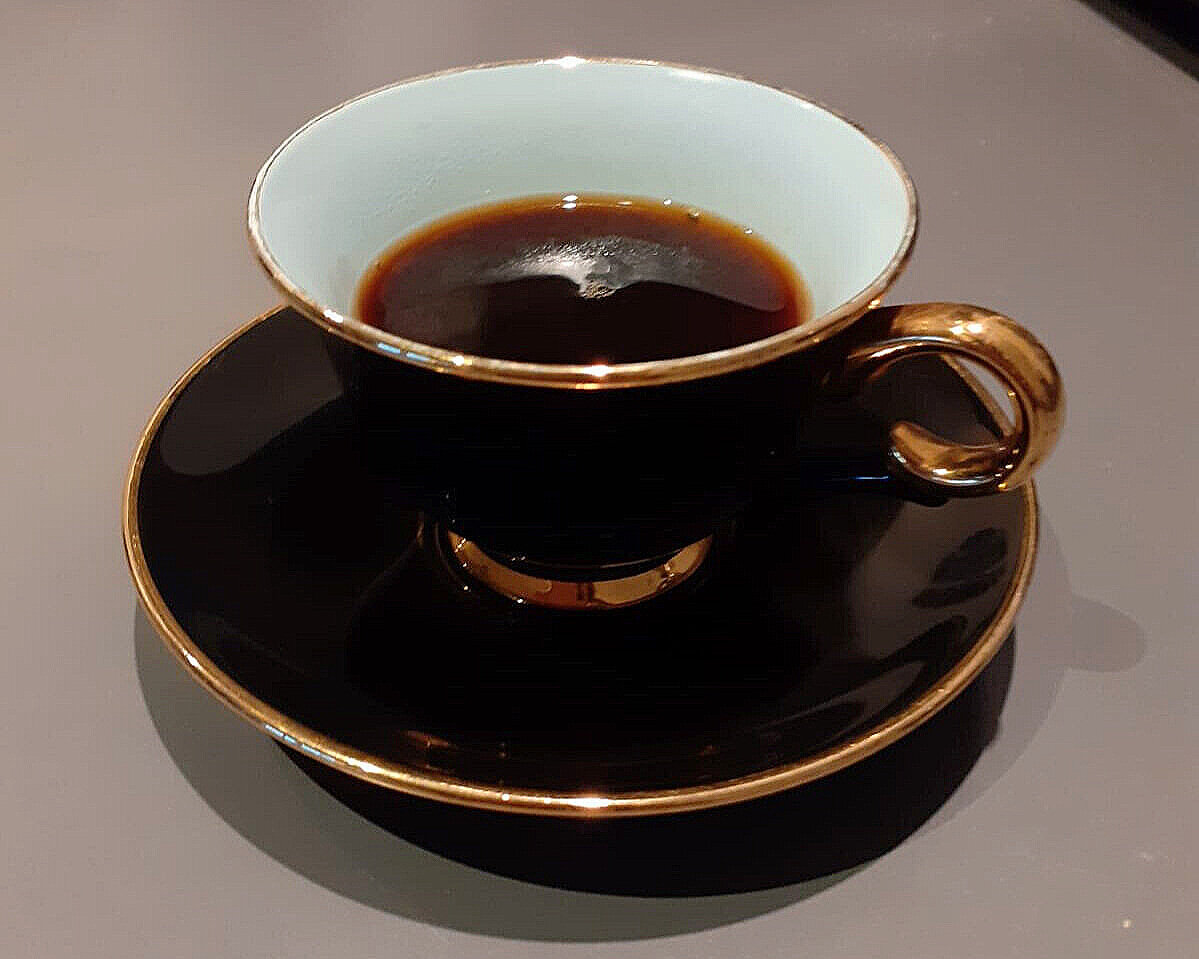Week 6: Detox
/Week 6: Detoxification
A week until Christmas is not the time to go cold turkey…
With a week to go until the most indulgent time of the year, perhaps I should have rethought the position of this week’s detoxification Live Well strategy. Giving up a number of my treasured vices in a week full of Christmas goodies and alcohol-facilitated Zoom meetups was challenging, and if I’m being honest, not wholly successful.
Firstly, a bit of background information: I am a hedonistic beast by nature. Not one for delayed gratification, at least when it comes to food, something in me defaults to opportunistic consumption whenever possible. If there is an open box of chocolates (and at this time of the year, there always is), I will snaffle a few for now and later. Except there is no later; I eat the loot instantaneously. If I were in the Stanford Marshmallow experiment, I would grab the sweets before the psychologist took them out of the box.
For me, it takes immense determination to restrain these behaviours and I can usually only do this when there is a specific drive to do so. Motivating factors vary from incentives e.g. keeping up my end of a Lenten pledge or shock-driven e.g. an unflattering photograph prompting a hasty diet. Even then, if circumstances change, my resolve often does so too.
I am now well versed in the foibles of my own psyche and know when something is likely to work. In actual fact, I find giving up something much harder than adopting a new strategy, which could be why this week proved the most difficult in comparison to the last five of the Live Well plan. The key things I wanted to give up: caffeine, alcohol and sugar, are key constituents of Christmas pleasure for me, and giving them up in one fell swoop felt hazardous.
The circuitry of pleasure-seeking behaviour is being untangled in neuroscience, and certain brain pathways e.g. the mesolimbic system and chemicals e.g. dopamine have been identified as crucial (1). Whilst drug addiction is not wholly comparable to other pleasure seeking behaviour, some parallels have been drawn and with certain chemical stimuli, the body shows signs of dependence with persistent exposure. Without said chemical, the body reacts to its removal leading to a state of withdrawal. Caffeine is one of those chemicals and the key substance I tried to give up this week (2).
Tuesday was the worst of it. i had forgone my morning cup of black gold and by 11 o’ clock I was feeling terrible. I oozed through work, squinting past the all-pervading ache in my head. My thoughts were dull, stupid and slow. I began to realise that Scrooge may not have been grumpy, but rather going through active caffeine withdrawal. The only way to keep my resolve and not fill the cafetiere was by choosing unconsciousness. I went to bed like a sick child incredibly early on Tuesday night.
Wednesday was no better.
Faced with the struggle to function, giving up sugar at the same time seemed beyond me. With the world turning steadily more gloomy and a prospect of a cancelled Christmas, I knew that total detoxification could tip me over into a truly bleak midwinter, so I caved. I ate a mince pie. And like that, I was back in the throes of excess, doubly fuelled by a lack of coffee and an assumption that something sweet would make me feel better.
And it did. I sought solace in sugar, and fell off the wagon especially hard. The rest of the week saw me in a frenzy. No-holds were barred as I helped myself to the open biscuit tin at work. My lowest point came when I opened an extra day of my Advent Calendar and snuffled the tiny chocolate treat in shameful secret. This was the price I had to pay for detoxification.
Many of us attempt to give up things at New Year and many of us, unsuprisingly, fail at keeping these resolutions. By attempting to give up my indulgences a few weeks before the usual start date, I had a trial run of January Detoxification and now know the pitfalls I am likely to encounter. I have no doubt about the benefits of eating less sugar and drinking less alcohol and caffeine. Not only do I know the medical reasoning behind it, I have felt the advantages of adopting a healthier diet during times of better balance. There has to be a better way than relying on my puny self-determination but I am too overwhelmed at this point in time, to pursue such routes. But not to worry, I am not beating myself about my lack of success at the Live Well plan. Life is challenging enough at the moment, and I know to extend some compassion to myself when my efforts fail.
For many of us, our Christmas plans have changed, either with the latest Government announcement or as a result of the fallout from this year. I commend any one who wants to make a change for the better, be it through giving up a health-compromising vice or adopting a new feel-good strategy, but I know from these six weeks how difficult taking a positive step can be. Change always requires energy and at this time, the literal darkest day of the year, the effort can seem insurmountable. But just as the sunlight hours now get longer, time passes and things do get better. Perhaps trying a specific Live Well strategy might aid this process, but regardless, take care of yourselves, be kind to yourselves and hold hope for a better, brighter, healthier New Year.
References
Berridge KC, Kringelbach ML. Pleasure systems in the brain. Neuron. 2015; 86(3): 646–664.
Juliano LM, Griffiths RR. A critical review of caffeine withdrawal: empirical validation of symptoms and signs, incidence, severity and associated features. Psychopharmacol. 2004;176:1–29.


